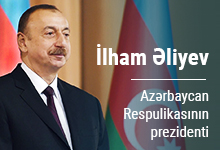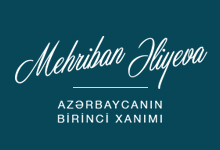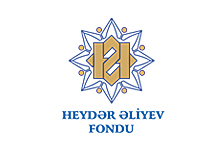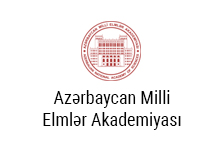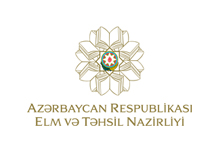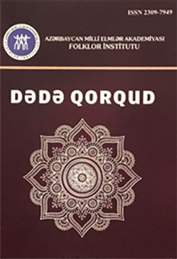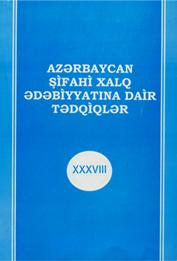NEWS

The Scientific Council discussed current problems of Azerbaijani folklore studies
A number of important scientific and scientific-organizational issues were discussed at the meeting of the Scientific Council of the Institute of Folklore of ANAS. At the meeting, the head of the Department of Folklore of Turkic Peoples, Doctor of Sciences in Philology, Professor Afzaladdin Asgar made a report on the theme “Modern Problems of Azerbaijani Folklore Studies”. In his speech the professor spoke about the main scientific and practical issues facing Azerbaijani folklore studies and mentioned the importance of collecting, systematizing and archiving folklore materials.
Speaking at the presentation, Doctor of Sciences in Philology Safa Garayev noted the importance of a theoretical-methodological approach in folklore studies. He emphasized that it is difficult to systematically collect folklore materials and ensure their scientific value without the application of theoretical principles.
However, Professor Fuzuli Bayat in his speech mentioned that the contemporary problems of Azerbaijani folklore studies encompass both theoretical and practical aspects. Speaking about the dialectical relationship between the processes of performance and execution, he noted that the collection and archiving work had entered a new stage today.
Speaking at the end of the discussion on the report, Director of the Institute of Folklore, Doctor of Sciences in Philology Hikmat Guliyev noted that today, not only the collection of folklore, but also the application of modern international experience in its analysis and interpretation was of particular importance. The scientist mentioned that taking into account digital transformation processes, integrating information and communication technologies into scientific research, establishing the architecture of a structured national digital folklore information database, as well as the formation and development of intellectual analysis capabilities of this database were among the priority directions of modern folklore studies.
Hikmat Guliyev also mentioned that the study of folklore in the context of socio-cultural processes that manifest in both real and virtual environments expanded the subject boundaries of the folklore study. That allowed folklore to be studied not only as a cultural heritage, but also as a dynamic system in interaction with social behavior models, memory structures and digital communication forms.


.jpg)


.jpg)


.jpg)
